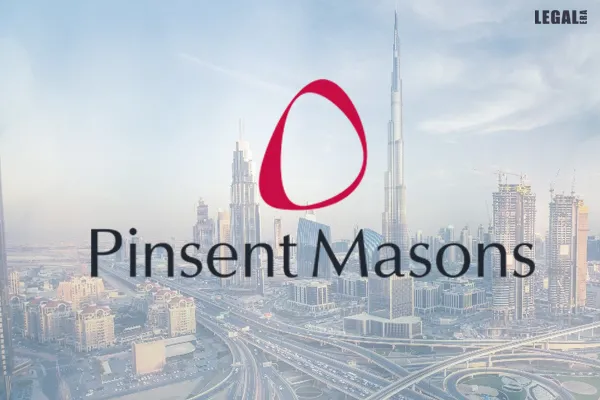Pinsent Masons Advised on Landmark Project Financing in the Middle East
Pinsent Masons, a multinational law firm, provided legal counsel to a consortium of prominent banks regarding the financing;

Pinsent Masons Advised on Landmark Project Financing in the Middle East
Pinsent Masons, a multinational law firm, provided legal counsel to a consortium of prominent banks regarding the financing of the NEOM residential communities.
In Phase 1 of NEOM's residential community development, each of the five communities aims to accommodate 10,000 individuals within an approximate area of 567,083 square meters. These communities will feature over 237 labour accommodation units, along with a range of sports and entertainment facilities, dining options, medical care access, mosques, utility buildings, and various other amenities.
The team from Pinsent Masons, comprised of partners Gurmeet Kaur and David Platt, consisted of a diverse and geographically dispersed group of legal professionals. This cross-border team brought together expertise from Dubai, Riyadh, Singapore, and the UK to provide comprehensive support for the project.
“This is the first accommodation social infrastructure PPP for Neom to reach financial close and a great testament to the team for working through some challenging issues to get lenders, sponsors and NEOM comfortable with the overall structure, which is a departure from the traditional approach to accommodation projects in the Kingdom,” Gurmeet Kaur said.
Pinsent Masons represented Saudi British Bank/HSBC, Riyad Bank, and Alinma Bank as lenders in the provision of senior debt financing, VAT financing, and equity bridge financing for each of the five communities. These communities are owned by Alfanar Global Development, a subsidiary of Alfanar Projects—a renowned global project developer, engineering construction, and technology solutions company.
Notably, the transaction was structured entirely based on Islamic financing principles. The project documents deviated from conventional EPC structures and other PPP contracts or concessions, adopting a design, build, finance, operate, and maintain model based on the FIDIC (International Federation of Consulting Engineers) model. This innovative approach marked a departure from traditional frameworks and paved the way for a unique and comprehensive solution.
“This was a complicated financing on the basis of an all Islamic financing structure but is a hugely significant public-private partnership marking the attraction of domestic investment,” David Platt stated.


